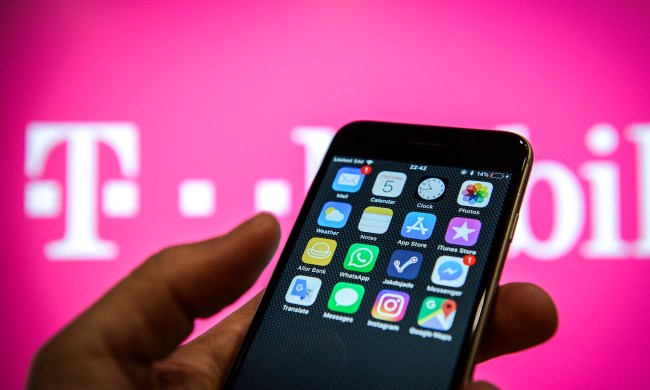
T-Mobile is in it to win it. The fourth largest wireless network in the United States plans to convert its entire slow 2G/Edge network to high-speed 4G LTE in the next year and a half, according to a blog post. The network to use spectrum it purchased from Verizon earlier this year to power the expanded coverage.
By overlaying its 4G LTE network over its 2G “EDGE” network, T-Mobile wants to bring faster speeds to more U.S. markets, with the company ideally having half of the upgrade finished by the end of 2014. By mid-2015, it hopes to have the upgrade “substantially complete,” though the 2G network won’t disappear into the ether.
However, we can’t have T-Mobile releasing a statement without it making an odd comment, and it’s no different this time. According to T-Mobile CEO and all-around crazy man John Legere, Verizon is “cherry-picking” a single technology (LTE) in order to show that Verizon’s network is the best. T-Mobile claims broader 4G coverage due to its 4G HSPA+ network, which is larger than its 4G LTE network.
“Verizon’s ink blots massively understate our coverage and don’t begin to represent the actual customer experience on T-Mobile’s network,” said Legere. In response, T-Mobile kicked off a new marketing campaign which highlights how strong its network is and specifically calls out Verizon’s ads, which have street-walking consumers picking which coverage map more accurately depicts the United States.
T-Mobile hopes to cover 250 million people across the U.S. by the end of the year and plans to take legal action against Verizon.


